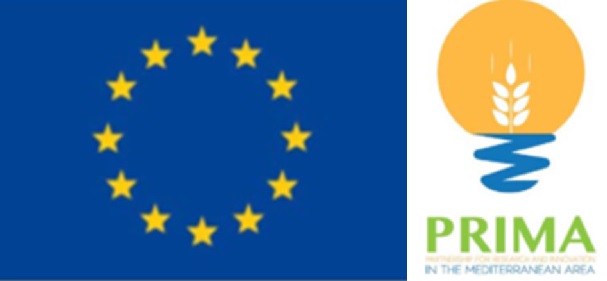The project will investigate the efficiency of a smart purification system through the remediation of nitrogen-containing compounds in water and the biocidal action of a TiO2-based photocatalytic treatment. We want to develop an innovative photocatalytic reactor, by modifying the traditional filters used in aquaculture, to obtain a new low-cost generation filter for fresh and sea water purification.
This innovation consists in the application of plates covered with a TiO2 photocatalytic film in front of the UV lamps already installed for sanitization in the tanks for aquaculture, which will largely increase the effects of lamp irradiation.
According to World Bank projections, the demand for aquatic products is expected to rise to 261 million tonnes by 2030, with 62% of the overall quantity coming from aquaculture production. New systems able to mitigate and reduce the environmental impacts of the aquaculture sector are urgently needed, keeping in mind both market needs and EU legislation.
The introduction of the photocatalytic system is expected to promote also additional economic benefits thanks to:
reduction of fish mortality → lower discharging costs and greater quantity of finished products
improvement of animal health → lower treatment costs
low-cost filter → lower equipment costs
This innovation also will guarantee a more sustainable aquaculture because the new system will be able to mitigate and reduce the environmental impacts and to guarantee a better fish welfare by improving the water quality and by reducing diseases.

